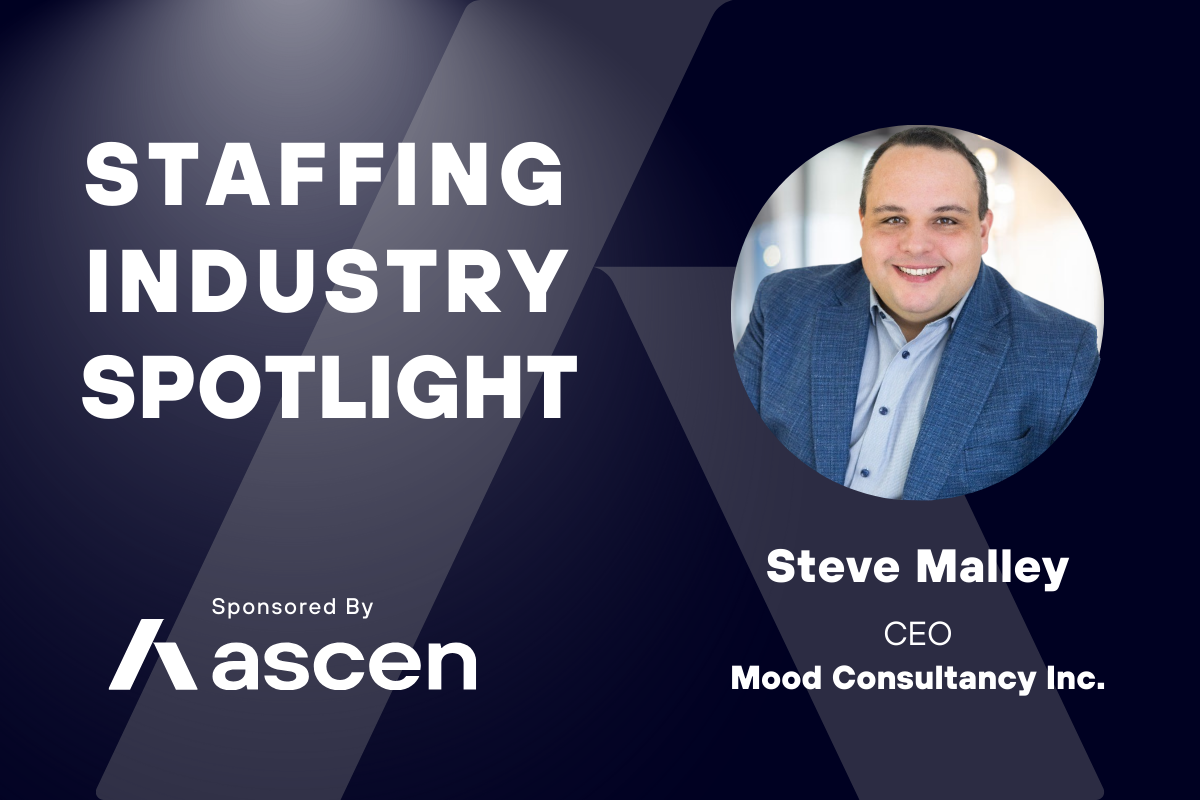How to Start Contract Staffing in the US for UK Recruitment Firms

There are many reasons for UK-based recruitment firms to start offering contract staffing to US clients. Your language is the same, you are in a good timezone, and you will have a skill advantage. The UK is one of the most competitive recruitment markets in the world, with over 5000 agencies. If you can make it in the UK as a recruitment firm, you will likely do very well in the US. US clients take chances on new firms, they pay >50% markups on pay, and the market is vast.
So you’ve decided to launch in the US, where do you start?
First, you should register a US-based LLC. US clients will prefer to see you have a US entity. This is primarily for legal reasons – it’s hard to sue a vendor in a foreign jurisdiction. Do not use a C-corp, which requires more formality, stock votes, and is taxed separately. Register as an LLC in Delaware. Delaware is by far the most business-friendly US business law jurisdiction, and the vast majority of large companies in the US are based in Delaware. Also, virtually all US-based lawyers will know Delaware corporate law since it’s so widely used for large companies. It’s easy to register and get set up. You should use a service like First Base, which will register the company and get you your federal tax ID (FEIN).
Next, get an address. You will likely want a virtual address for mail scanning through a service like Earth Class Mail. Some major companies use Earth Class Mail as their public address. Sometimes, banks will require a physical address, in which case you can use WeWork, which has a mail delivery service. You should pick a location on the East Coast closest to your hours (Boston, New York, or Florida). Realistically, your best markets will be the Eastern part of the US.
Next, you will need a bank account. Do not overthink this. You should use an online neobank like Mercury, which is friendly to new LLCs. In the worst-case scenario, you can use Wise as you launch.
Now, for the harder part: the staffing items. You will need several major things to run staffing contracts in the US. First, you will need insurance (General Liability, Professional Liability, Workers Comp, Cyber, Auto, Umbrella). Clients will request your Certificate of Insurance (COI), and larger clients will require high limits. Be careful here. You will need insurance that covers work for third-party clients. Most brokers you find on Google will be for normal businesses and not staffing businesses, and their insurance providers will likely not cover staffing in the policy documents.
Next, you need state-by-state registrations for every state where you have workers. Unfortunately, in each state, you will need multiple tax IDs (Unemployment Insurance and State Income Tax). The process for getting these is a pain, but you will need them to run payroll.
Next, you will need to secure payroll financing. Clients in the US will pay net 30 to 60 days (with the larger ones paying net 90), but you will generally need to pay contractors weekly (or sometimes bi-weekly). If you do more than a couple of contractors, you will need a funding source to finance this lag in receipts. There are several flavors of payroll funding in the US, but the biggest are invoice factoring (“invoice discounting” in the UK) or asset-based lenders. As a smaller firm in the US, you will start with invoice factoring and then graduate to cheaper asset-based lending when you hit around $5M in receivables.
Next, you will need payroll software. This will cover net pay to the workers, tax withholdings, and onboarding. There are many snags in the US with onboarding and payroll compliance since every state has different laws. For instance, California has daily overtime (1.5x pay after 8 hours in a day), whereas virtually no other state has daily overtime. Some states have paid sick leave, but others do not. Some have harassment training requirements, whereas others do not. Payroll software alone will not help you here; it will take engaging a consultant or HR lawyer.
Lastly, you will need a staffing master services agreement. These contracts will be slightly different from what you’re used to. There are templates online, but typically, you will want to use something like the template from the American Staffing Association or your legal counsel in the US. Whatever legal counsel you use, you should use one with extensive US staffing experience and not a general commercial lawyer. These will be lawyers who talk at staffing conferences or write about staffing often. US contract staffing is specialized enough that clients expect specific verbiage, and your legal counsel should understand where to redline and where to hold off.
If all of this sounds daunting, it is. The US market opportunity is almost overshadowed by the labyrinth of compliance complexity. As a UK recruitment firm, however, you do have options. Instead of handling the staffing-related items yourself, you could use a full-service Employer of Record (EOR) such as Ascen, which handles all of the insurance, compliance (the EOR acts as the legal employer for the contractors), covers the payroll funding, provides you a staffing services agreement for your clients, and runs payroll and onboarding. While this isn’t free, it allows you to get up in running in the vast US market and start growing your US contract business. Larger firms will eventually take employment responsibility in-house, but in the beginning, even the largest UK firms tend to use an EOR.
Given the size of the US contract staffing market, UK recruitment companies are leaving substantial money on the table if they are not selling into it. The US is not without its challenges, but after the initial hurdles, the path to a large staffing company is there for anyone willing to work for it.
How to Start Contract Staffing in the US for UK Recruitment Firms
How to Start Contract Staffing in the US for UK Recruitment Firms
Tags
Continue reading





